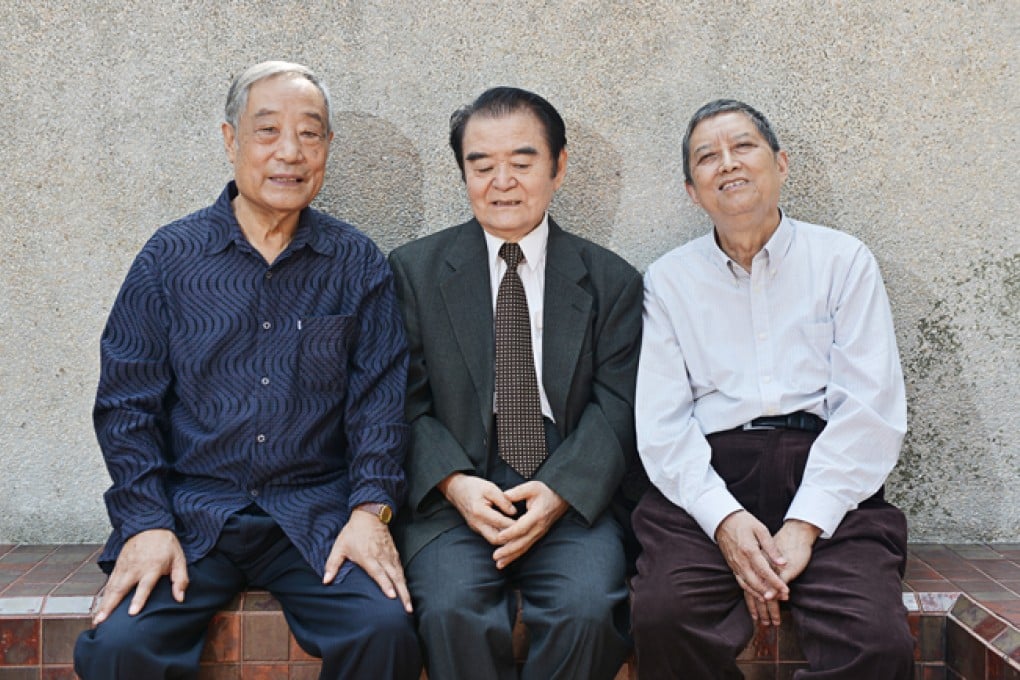Unsettling old scores
Encouraged to speak out against party injustices and denounced as 'rightists' for doing so, many Chinese suffered years of torment under Mao's brutal policies. In the first of a two-part series on the lasting effects of social engineering projects initiated in the 1950s, Oliver Chou meets three musicians who survived their indictments


Pak, who has just turned 80, was one of 550,000 so-called “rightists” accused of “launching a ferocious offensive” on the Communist Party during the fateful summer of 1957. Instigated by Mao Zedong, the campaign followed seemingly genuine calls by the leadership for criticisms that might help to “rectify the party”. For nearly two months, discussions were organised at work units across the country and criticisms put on record. Then Mao pounced, calling his tactics “an overt conspiracy” that lured “the snakes out of their holes”.
The ensuing anti-rightist campaign set the tone for the young People’s Republic and changed forever the lives of all those forced to put on a “rightist hat”. Harvard University professor Roderick MacFarquhar, in his three-volume series The Origins of the Cultural Revolution, argues that the 1957 campaign led directly to subsequent politically motivated campaigns, including the Great Leap Forward, during which at least 20 million people were killed, and the decadelong Cultural Revolution, in which perhaps as many died and millions more suffered.
The term “rightist” – as in the opposite of “leftist” – sometimes included critics who, ironically, saw themselves as being to the left of the government, but officially referred to intellectuals who appeared to favour capitalism and were against socialism. Musicians such as Pak were prominent among them.
Some rightists have managed to rehabilitate themselves – retired premier Zhu Rongji and former minister of culture Wang Meng, a famous writer, among them. But for most of the 10,000 to 20,000 who are still alive around the world, the scars remain raw – for them and their families.
“Nineteen fifty-seven was the year I got married,” says Pak, who made a living as a piano teacher in Hong Kong after having left Beijing in 1982. “I was 24, and Chiu Ling-ming, my wife, was three years younger.
“We picked August 1, Army Day, for our wedding, because we loved the party and the People’s Liberation Army. By then I had already heard something was going to happen to me. But I believed in justice and thought I had nothing to fear,” he says.